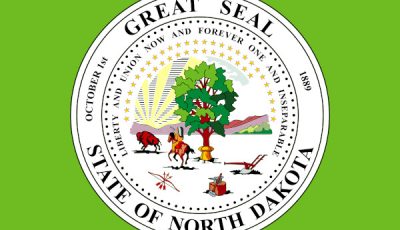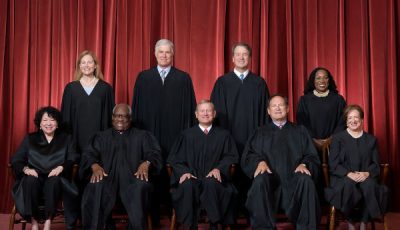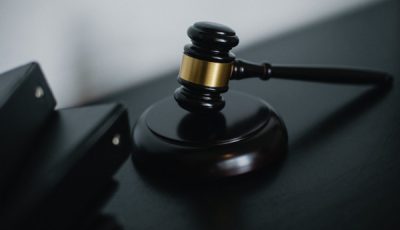When Can a Copyright Holder Sue? Important IP Case Will Yield Answer
 WASHINGTON – Back in June, I wrote about three intellectual property-related cases with potential implications for rightsholders and content creators. One of these was Fourth Estate Public Benefit Corporation v. Wall-Street.com, which at that time had just been granted certiorari by the U.S. Supreme Court.
WASHINGTON – Back in June, I wrote about three intellectual property-related cases with potential implications for rightsholders and content creators. One of these was Fourth Estate Public Benefit Corporation v. Wall-Street.com, which at that time had just been granted certiorari by the U.S. Supreme Court.
The question presented by the case is this: “Whether ‘registration of [a] copyright claim has been made’ within the meaning of§ 411 (a) when the copyright holder delivers the required application, deposit, and fee to the Copyright Office, as the Fifth and Ninth Circuits have held, or only once the Copyright Office acts on that application, as the Tenth Circuit and, in the decision below, the Eleventh Circuit have held.”
The case is of significance to adult industry rightsholders for the same reason it’s important to any other manner of rightsholder: The court’s decision will define the point in the copyright registration process at which a rightsholder can bring a lawsuit against an alleged infringer.
Since copyright applications take time for the Copyright Office to act upon and content creators often publish works before the application has been granted – after which they are often quickly pirated by third parties – the outcome of this case is particularly important to rightsholders who frequently turn to the courts as a means of preventing illegal distribution of their works.
In its new brief, Fourth Estate asserts that “respondents and the government cannot counter textual evidence that the phrase ‘make registration’ and its passive-voice counterparts in the Copyright Act – including in § 411(a) – denote the action of a copyright owner in submitting the application, deposit, and fee required by § 408 to ‘obtain registration.’ Accordingly, their primary argument – that the word ‘registration’ in the first sentence of § 411(a) unambiguously requires an affirmative determination by the Copyright Office that a certificate of registration should or should not issue before a copyright owner can sue – is incorrect.”
In an amicus brief filed by the Department of Justice encouraging the Supreme Court to hear the case, the DOJ argued that the “text, structure, and history of the Copyright Act confirm that the Register must have acted on an application for copyright registration – either by approving or refusing registration – before the copyright owner may institute a copyright-infringement suit,” adding that Fourth Estate’s “contrary arguments are unavailing.”
In its new filing, however, Fourth Estate countered that the history of the provision of § 411(a) “supports the plain meaning of the text because respondents’ interpretation recreates the very problem that the statute was designed to solve: namely, that, before any infringement action can be brought, a copyright owner might have to bring a mandamus action if the Register fails to act.”
“That is inconsistent with the view – adopted by the First and Ninth Circuits before enactment of the 1976 Act and embodied in § 411(a) – that, once a copyright owner ‘place[s] the… application in the mail’ and ‘has done everything required of it under the copyright law with respect to the deposit of copies and registration,’ it is entitled to bring suit,” Fourth Estate added in its brief.
Fourth Estate also asserted the respondents’ argument that the word “registration” by itself indicates that a suit can only be brought after the Copyright Office acts on an application “cannot be reconciled with either § 411(c) or § 412.”
“The first provision makes express that registration is “made” once the copyright owner complies with his registration obligations; the second strongly implies it,” Fourth Estate added. “Reading the statute in this straightforward way is fatal to respondents’ theory that the word ‘registration’ provides the answer to the question presented.”
Fourth Estate also noted in its brief that while the respondent and the DOJ urge the court to “to disregard the language of § 411(c) as a mistake,” the petitioners are having none of that argument.
“If there were a conflict between the subject and the predicate of the sentence, it would have been noticed – no one would accidentally make it a condition of suit that the ‘copyright owner… grant registration’ because that is not something the copyright owner does,” Fourth Estate argued. “And this Court will not find a ‘drafting error’ unless that error is ‘obvious’ and the result it produces is ‘necessarily absurd,’ which respondents have made no attempt to show.” (Citing Chan v. Korean Air Lines)













